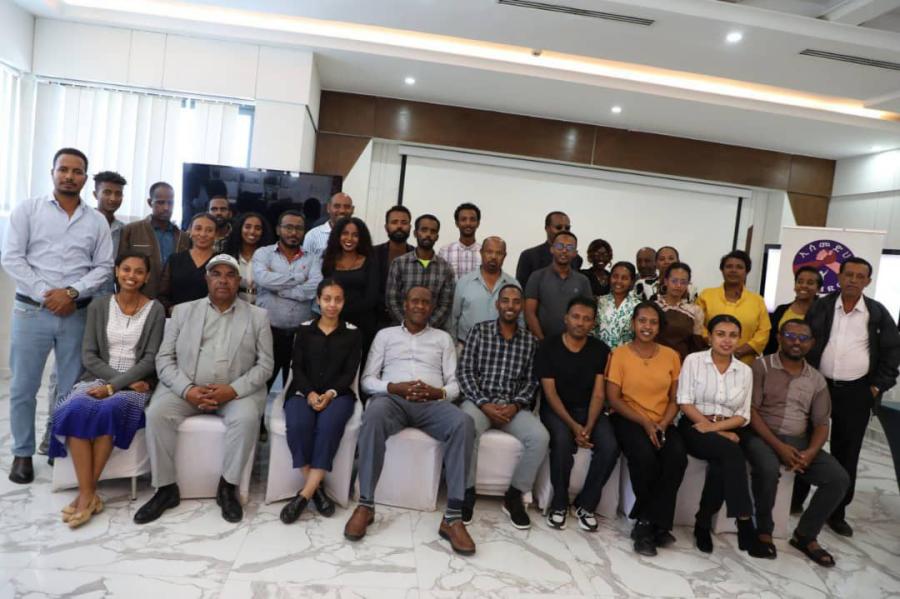Within the next year, the Mursi could face government removal from their traditional lands in Ethiopia to make way for a privately managed park.
Through a verbal agreement, the Ethiopian government and African Parks Foundation, a private nonprofit organization based in the Netherlands, will assume management of Omo and Mago National Parks.
National parks have existed on Mursi land for over 30 years, but the Mursi have been left alone and most do not know their land is part of a national park.
Encompassing more than 2,400 square miles, the parks are home to approximately 20,000 tribal peoples, the majority being Mursi. The lease will most likely include land between the parks, called the Tama plains, forging one park called Omo/Tama/Mago.
“ Now [the government] wants to take this land without our permission,” said Ulikoro, a Mursi tribal member in a message seeking help from outside sources. “We cannot do anything about the national park taking this land. … Maybe the government will come and shoot us.”
According to a number of Mursi men, officials from the Mago Park told them in March that they would have to abandon one of their villages on the Mago River, called Kon Ba, or there would be “a big fire in the village.”
The warden of Mago National Park, interviewed in April, suggested that African Parks not only wanted the local people removed from the Omo and Mago Parks, but that it was also planning to put up an electric fence to “protect” the park from squatters and poachers.
The government hopes African Parks will increase the area’s tourism activity and revenue. African Parks currently manages national parks in Zambia, South Africa, Malawai, and another park, Nech Sar, in Ethiopia.
In February, African Parks took over the Nech Sar park in southern Ethiopia. In preparation for the takeover, in November 2004, 463 Guji houses located inside the park boundaries were burned down by government park officials and local police. The arson was intended to remove the local inhabitants from the park, according to a Refugees International report.
According to the African Parks 2004 annual report, the “resettlement of the Kore and Guji people was an internal affair of the Federal and regional governments, and African Parks had no role to play in the matter.”

